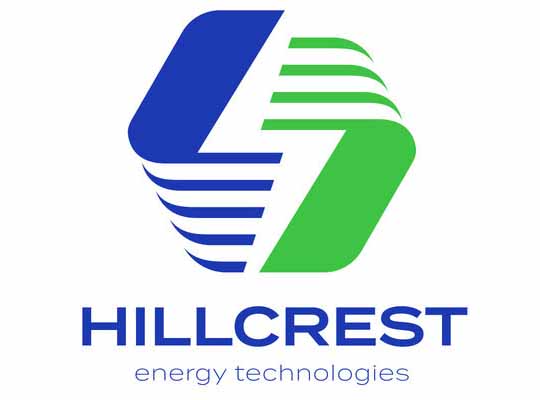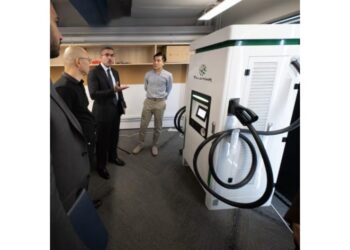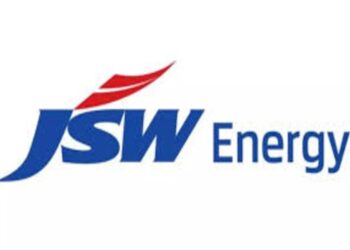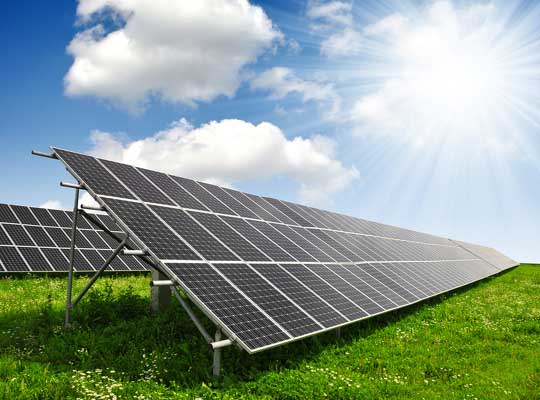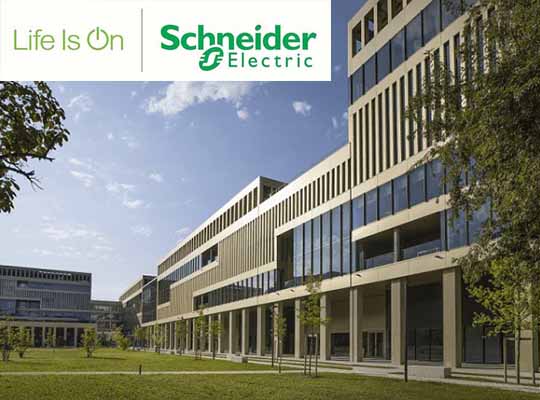VANCOUVER, BC – Hillcrest Energy Technologies is pleased to announce it is developing a next-generation High Efficiency Inverter (HEI) designed to significantly improve the energy and power efficiencies of future Electric Vehicle (EV) powertrains and other e-mobility and motorized applications, as well as charging stations and power generation systems.
Now in proof-of-concept development, HEI builds on the close integration of innovative hardware and software technologies from Hillcrest and Systematec, uniquely configured to deliver the very precise and accurate control systems required to unleash a next-generation inverter’s ultra-high efficiency potential. Hillcrest’s HEI will use extremely high switching frequency to deliver substantial and unprecedented energy and power efficiency gains over existing inverter technology. Adaptive control mechanisms will also be incorporated to enable wide operating ranges, beneficial to highly dynamic systems such as EV’s.
“Working closely with Systematec, we have already confirmed our HEI control architecture with computer simulations and are now aggressively developing our HEI proof-of-concept prototypes for demonstration and eventual commercialization,” said Ari Berger, Hillcrest CTO. “This is our first aggressive development push, but I can confirm it’s not the only groundbreaking technology currently in development.”
Inverters are essential components of EV and other electric powertrains, providing critical connectivity between battery and electric motor. Not only do they convert a battery’s DC charge to AC to drive a motor, but inverters also time the switching changes to adjust the frequency of the AC output that controls motor speed. Higher switching speeds remain a constant priority for EV developers as they lead to significant decrease in switching losses and increased efficiency. The faster and more efficient the inverter, the more efficient a vehicle, electric motor or powertrain can become.
Efficiency gains from Hillcrest’s advanced inverter technology are expected to shrink the size and weight of powertrains that should reduce overall manufacturing costs, significantly increase EV range, and could potentially enable new electrification possibilities in areas such as aeronautics, commercial transport, and other industries requiring exceptional powertrain reliability and high energy density.
“We see HEI driving substantial step change improvements in powertrain design across a wide range of applications and products, where power density and very low electro-magnetic interference (EMI) are critical drivers,” added Harald Hengstenberger, Systematec CEO. “With our inverter technology, EV customers could design systems offering increased driving range between charges with current battery sizes or incorporate smaller batteries, at a lower overall cost, without sacrificing performance. Electrical equipment manufacturers could also see substantial benefit from this technology and reduce inverter losses by 40-50%. Reducing inverter losses lowers heat management requirements, meaning manufacturers can realize design improvements to significantly lower costs that ultimately result in higher financial gains.”
Hillcrest will access the team’s close connections with leading EV and electrical equipment manufacturing companies to define and develop specific applications. Other opportunities include licensing HEI technology to, or partnering with, EV, electrical equipment manufacturers and/or power generation equipment manufacturers to substantially improve their product designs for mass produced electric powertrain products.
“Our team is developing disruptive technologies that have potential impact across several industries, and there’s more to come,” said Hillcrest Energy Technologies CEO, Don Currie. “We are quickly developing innovative e-mobility solutions that are cost-efficient and scalable, progressing at least two projects in the few months since starting our collaboration. Commercialization of key enabling technologies like HEI and other components and systems that unlock energy and power efficiencies will help to drive a more equitable, low carbon future, and formally establish Hillcrest as a leading innovator.”


